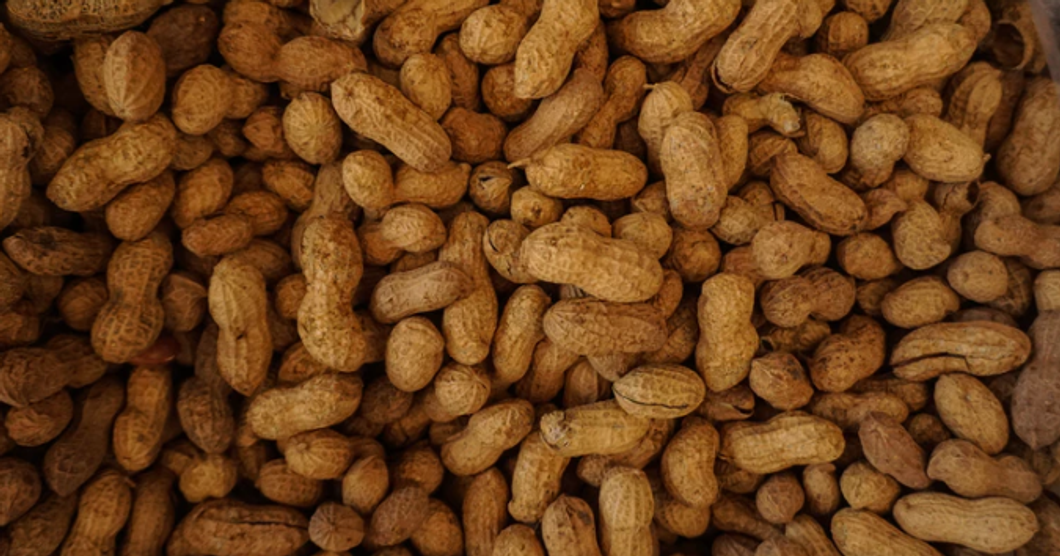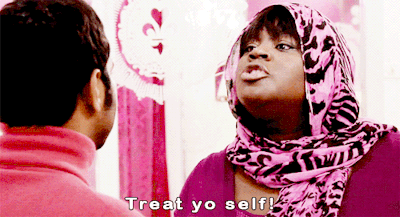The Golden Mean
Would you rather be viciously genius or morally mediocre?
Move down the middle
With no access to the excess,
Mind the mean
For there's no valor in vices
If the good is the goal,
The end for all means,
On the lifelong path to
A virtuous soul.
But if the mean is average,
Then to act in the excess
Is to access your greatness.
If it's greatness you deny
No end can justify
Morally accompanied mediocrity.
Do we question if genius is
Virtuous or vicious?
As is customary to most philosophical ethics classes, I was required to read Aristotle's Nichomachean Ethics wherein I discovered his golden mean theory. Essentially, the theory states that for all actions, the virtuous choice lies between two vices which are the excess and deficiency of that virtue. One classic example uses the virtue of courage. Courage is the mean virtue that lies between the vices of cowardice, a deficiency of courage, and rashness, an excess of courage. Additionally, Aristotle believed that the supreme good or goal that is an end in itself for humans is happiness. The first stanza of the poem summarizes these two theories, telling the reader to choose the mean in order to achieve this ultimate good. In the second stanza, I question whether always picking the mean option is right. In some scenarios, the excess could produce greatness. Furthermore, if this excess does produce genius or greatness of some kind, does it matter that it was technically vicious? The final lines ask the question: "Do we question if genius is virtuous or vicious?" If we do not care or question if genius is virtuous or vicious, then morality becomes somewhat meaningless. I feel like this question often arises around musicians and actors who are accused of various crimes, but people still want to consume their art. The excuse becomes to separate the artist from his craft, which I think ultimately proves that some people are excused from upholding the moral standard.




































